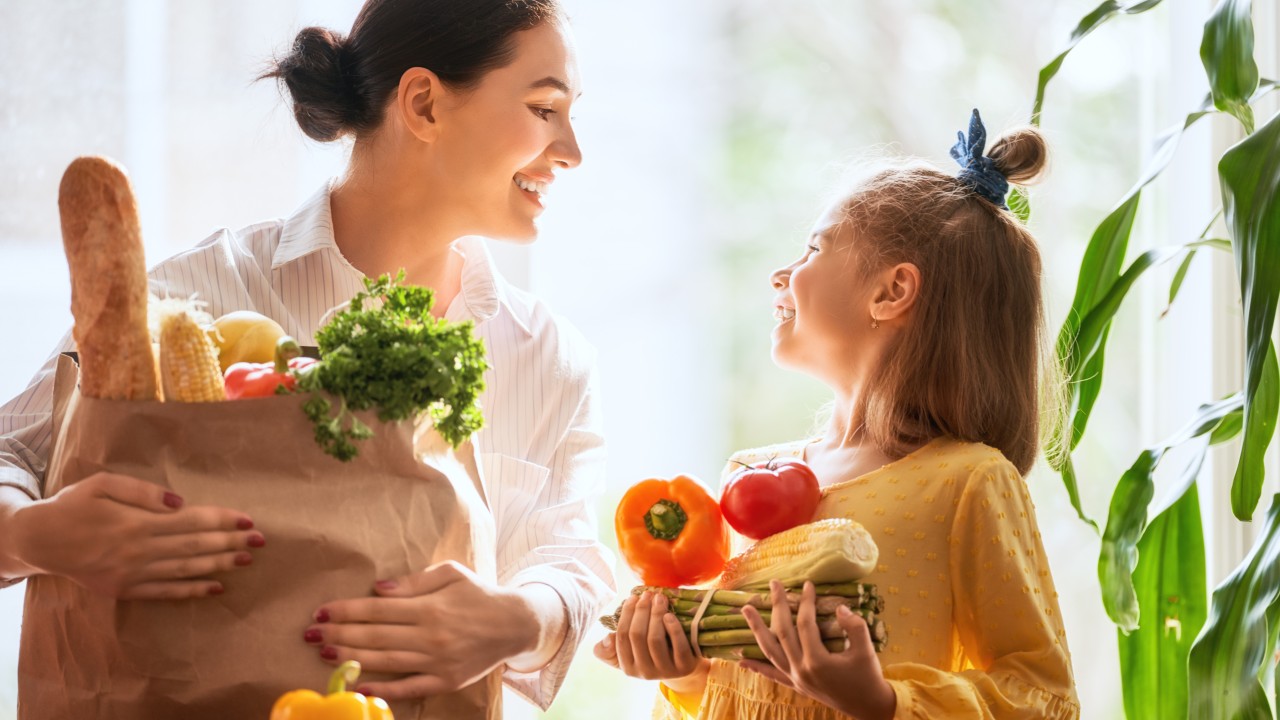There is a growing trend of families choosing to follow vegan diets, also called plant-based diets. They comprise vegetables, fruit, beans, grains, nuts and seeds – and exclude meat, poultry, seafood and other animal derived-products such as milk, cheese and eggs. While adults who adopt the lifestyle are recognised as making a wise choice, many still question whether it is healthy and safe for children.
The answer, research and experts suggest, is yes. A review of research papers published in the journal Nutrition Research in 2021 said “vegan children showed normal growth and were less often obese” and that “a well-planned vegan diet using supplementation is likely to provide the recommended amounts of critical nutrients to provide for normal progression of height and weight in children, and can be beneficial”. Britain’s National Health Service (NHS) says that a well-balanced diet supplemented with critical nutrients, such as vitamin B12 and D, makes a vegan diet an appropriate option for pregnant women and children.

Dr Reshma Shah is a paediatrician based in the United States who is co-director of The Learning Center at Plant-Based Juniors, which provides professional paediatric nutrition courses and fun, interactive courses for parents and carers. Her book gives specific advice for all stages of childhood – from pregnancy and breastfeeding to adolescence. When introducing solid food to infants, focus on nutrition, safety and variety, she says.
Prioritising iro.
















